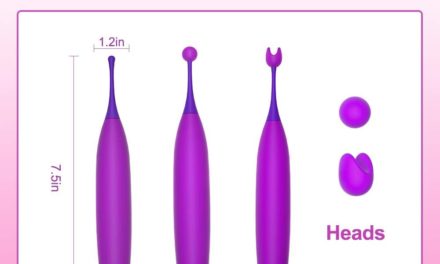Tomorrow, March 14, 2016, the film Best and Most Beautiful Things will make its global debut at SXSW. Touted as “one of the year’s most touching documentary films,” it follows the life of a young woman named Michelle Smith off and on from her late teens to about the age of 21. Michelle happens to be blind and on the autism spectrum — two characteristics that the director, Garrett Zevgetis, ensures that anyone viewing the movie will not forget. I’m not going to forget feeling like this film, like many documentaries featuring disabled people before it, is little but exploitative inspiration porn.
I tried writing about the film, but my cat intervened. Here’s a collection of notes instead.
- Director Zevgetis “was determined to find an uplifting story for a future project” when he met Michelle.
- In the press kit for the film, Zevgetis’ Director’s Statement (page 3) says,
Through Michelle we discovered the startling lack of opportunities available for all people to fully engage in our society, and the need to bridge the ocean of fear and misunderstanding that infuse attitudes toward people considered “other.”
- The “startling lack of opportunities” are barely mentioned. The focus instead comes to be on Michelle’s naturally growing interest in her sexuality.
- The film was originally entitled Three Days to See, named after the Helen Keller essay of the same name (published in The Atlantic Monthly in January 1933). The title of the film was changed mid-production in April 2015. The final title. Best and Most Beautiful Things, references a different Helen Keller quote: “The best and most beautiful things in the world cannot be seen or even touched. They must be felt with the heart.”
- Executive Producer Kevin Wright referred to the film’s star as a “modern day Helen Keller” in his interview with HuffPo. In the same interview, he said that “Michelle is an inspiration to me.” For what, exactly? Another case of an able-bodied person turning a disabled person into inspiration porn just for doing some of the things that able-bodied people do.
- Will we ever reach a point where all blind people will not be somehow compared to Helen Keller or Stevie Wonder?
- Big kudos to Michelle’s family and mentor for being supportive of the exploration of her sexuality. So unusual! So wonderful!
- Why was Michelle’s sexuality so much the focus of the last half of the film and not instead more about her attempts to gain independence, the feelings brought on by those attempts, etc.?
- Michelle is very intelligent and articulate. She is well versed in disability rights issues. She was well aware of how she inflated news of an opportunity because she wanted it to be true and she admitted this with a self-awareness and humility not often found in others her age (21).
- I tried to find Michelle online. All her activity on social media under her own name ceased in summer of 2015. I’m not sure of the significance of this. Was it because the film was going to be released in the following year? Did something else happen? Is she using social media under different names? The film’s website has a page that says “In the coming months Michelle will begin to share her world with you here.” Is she under contract to provide them with material for their site and nowhere else? Why isn’t she “sharing” now? So many questions and no answers! Michelle, I wish I could ask you.


